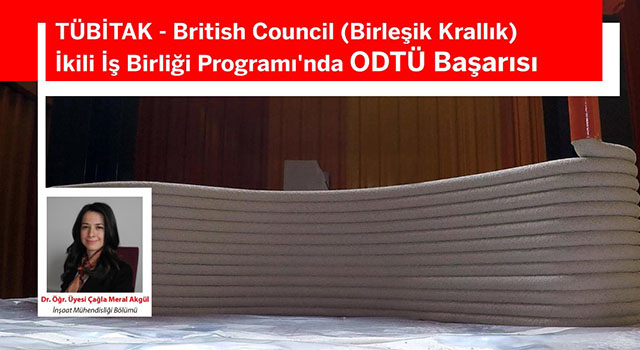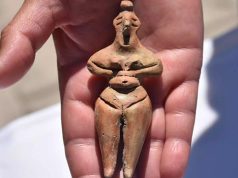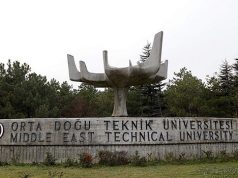
“Climate resilient 3D-printable building components incorporating sustainable and low-cost materials (3D-PC): Providing low-cost and high-speed housing for vulnerable populations” titled project, led by Dr. Çağla Meral Akgül from METU Department of Civil Engineering, was accepted for “TÜBİTAK – British Council (UK) Bilateral Cooperation (Institutional Links) Programme” funding.
There is an urgent need to provide low-cost and high-speed accommodation to vulnerable groups (e.g., refugees and earthquake survivors). Existing solutions such as tents and prefabricated units are generally fast and cheap to set; but for people, whose temporary housing becomes almost permanent due to ongoing wars and economic fluctuations, these solutions result in poor living conditions, resulting in undesirable outcomes, including occupant discomfort, security vulnerabilities, fire hazards, and diseases. Building housing units completely or partially from 3D-printed components can be a feasible alternative for these regions. As an ever-developing sector, 3D-printing of concrete has significant benefits when compared to traditional methods. Through digital fabrication, the entire construction process can be shortened from months to days. Resource efficiency can be enhanced by reducing construction waste. Due to Covid-19 conditions, the necessity for social distancing amongst construction workers – a high-risk group – can be enabled. 3D-printing also facilitates the production of high-quality complex shapes without the need for special formworks. Adding functionality to the printed products also becomes easier. The main challenge for 3D-printed concrete is the development of a low-cost, sustainable binder with adequate rheological and stiffening properties. These particular points set the framework of the 3D-PC project.
The 3D-PC project, principally investigated by Dr. Çağla Meral Akgül from METU, and Dr. Çise Ünlüer from the University of Glasgow, aims to develop climate-resilient 3D-printable building components from low-cost, sustainable materials, covering additive manufacturing and advanced material technologies areas. Locally available natural and waste materials and by-products will be converted to printable composites via an innovative activation-nucleation technique. 3D-printed components will possess high thermal performance, flexibility, and functional geometries, optimized by computational mechanics and numerical analysis. Life-size building elements will be 3D-printed in collaboration with İSTON.
The synergistic expertise of Dr. Çağla Meral Akgül, and Dr.Çise Ünlüer as the 2 PIs (i.e. sustainable 3D-printable construction materials of the UK PI; low-cost construction, thermal analysis, building energy modelling of the Turkish PI) will enable the design of 3D-printed composites, paving the way for not only high-speed and sustainable construction practices; but also for remote construction practices under extreme conditions with limitations on labour, material and curing conditions (e.g., extraterrestrial 3D printing).
The project, consisted of Assoc. Prof. Hüsnü Dal from METU Department of Mechanical Engineering, Prof. Y. Eren Kalay from the Department of Metallurgical and Materials Engineering, Assoc. Prof. İpek Gürsel Dino from the Department of Architecture, Prof. Afşin Sarıtaş from the Department of Civil Engineering, and Dr. Peter Grassl from the University of Glasgow as the Project team, will finalize with a comprehensive framework to provide guidance on the steps required to achieve the desired sustainability, cost, and flexibility aspects, accessible by all users (e.g., academic beneficiaries, construction industry, policymakers and local communities).
Created expertise and technological capabilities through the project will enable circular economy and boost the economy by providing safer housing opportunities for vulnerable groups, increased jobs for skilled labour and allowing the production of new design concepts contributing to Turkey and the UK’s innovation-driven growths.







